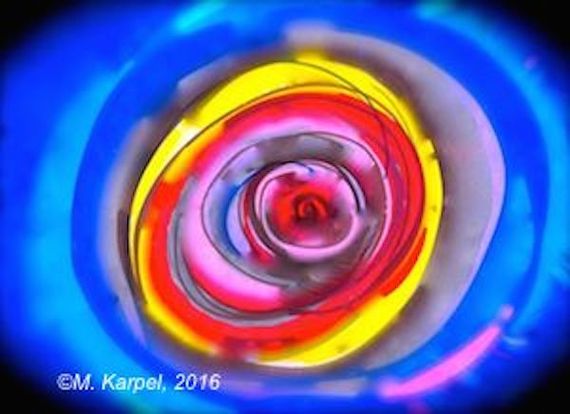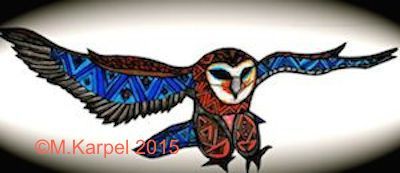"I always believed that one woman's success can only help another woman's success. ~ Gloria Vanderbilt
In honor of Women's History Month, this is the first of a two-part series.
I recently attended a women's networking group. One of the issues that came up for discussion was the tendency for us, as women, to doubt ourselves and our abilities, even when it's been objectively shown that we are quite capable and competent. Perhaps, one advantage of being in my "middle-age" years is that I have finally come to a point in my life where I feel more confident. Many of my peers have told me that their own confidence has increased as well. In fact, research has found that self-esteem is at its highest when reaching middle age. But, it was not an easy path to get to this point, and the fact that I am a woman and at this age has also led to situations in which this confidence has still been shaken.
Being brought up in a time when what men had to say was taken more seriously than what a woman said, it's taken a certain level of courage for many of us to stand in our truth and let our voices be heard. We often received the message of invisibility in subtle and not-so-subtle ways from the media, our peers, our teachers, and our bosses. I came across this even during my training in graduate school. There I was in a doctoral program, and I had no role models of successful women psychologists to model myself after, to give my voice some validity, until near the end of my graduate school training. It was during my pre-doctoral internship year that I finally had some amazing female mentors. At that point, something shifted within me. I suddenly had strong women to look to for answers and began to feel that I, too, could be an expert in my field. I am grateful for having those women mentors. Yet, it's not the case that all women have this experience, especially when entering fields that are mostly dominated by men.
Today, we see that we may have "come a long way," as the old commercial stated, but the perception that what men have to say is more valuable, versus what women have to say, still exists. To this day, women have a much higher tendency to question our own abilities, as well as have our abilities questioned by others. Researcher, Adrian Furnham, at University College London, analyzed 30 studies regarding gender differences in perceived intelligence in 2008 and found that, consistently, men and women demonstrated equal intelligence on IQ tests, but that men were more likely to overestimate their own intelligence, while women were more likely to underestimate their intelligence by an average of 5 points.
While, middle-aged women often have the advantage of finally believing our abilities and expertise, there is now a new set of obstacles. Many of us feel suddenly "invisible" because of our age. Pulitzer Prize-winning author, Elizabeth Janeway wrote, of the aging woman in her book, Between Myth and Morning, "We are in a double bind. We are expected to feel inferior not only as women, but because we are old." Although we've made progress in this area since she wrote this in 1974, these two obstacles still very much exist for us. Women are told much more than men that how we look is most important, and, in this youth-focused society, looking younger is seen as critical for our success in all areas of our life -- especially for women. Middle-aged women are not as respected for what they have to say and what expertise they have to offer, as they are for how young and "attractive" they look "for their age." They are often demeaned for looking and being older, what, Clare Shaw, author of the book, Sageism: How To Be An Older Woman, calls "failed-to-be-young syndrome."
Shaw writes, "Women who have reached middle-age ... are too often made to feel invisible and are consequently retreating into dark corners. It's about time we came out into the light and shouted about how great older women are and how much they have to contribute to this society, which is sadly still rife with ageism and sexism."
Stay tuned for the second blog of this two-part series, HOW We Can Find Our Power At Any Age.
Check out similar blogs by Dr. Mara, her internet radio show, and her YouTube videos. Also, be sure to follow her on Facebook!
Earlier on Huff/Post50:


